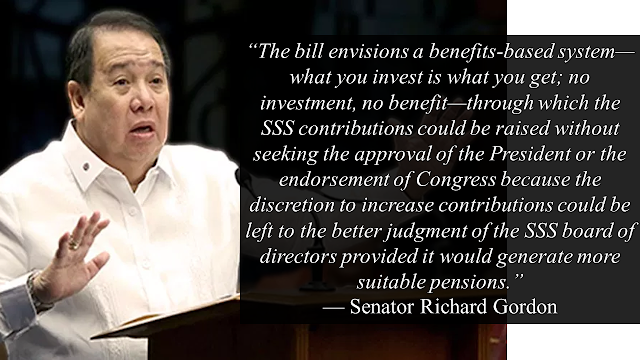Overseas Filipino workers (OFWs) deployed in different parts of the world will be mandated by law to get SSS Coverage after Executive Secretrary Salvador Medialdea confirmed that President Rodrigo Duterte recently signed the bill that was proposed to repeal the Social Security Law.
Ads
The law will give the Social Security System’s charter an overhaul as a means to ensure that the citizens' contributions will be properly used for the members' benefit that will have a long-time effect. It is expected to be implemented this year.
For OFWs, the new law will include mandatory SSS coverage for those under the age of 60. It also has an expansion of powers of the SSS Commission to determine the monthly contribution of the members, as well as their salary credit. This added measure will soon enable SSS to increase contributions, reported GMA News.
Under the revised Social security Law, unemployment insurance will also be given SSS members who will get terminated from their jobs.
The SSS Commission will also be empowered to increase benefits, condone penalties, rationalize investments and invest its Reserve Funds in its aim to grow the wealth of the state pension fund.
Ads
©2019 THOUGHTSKOTO




